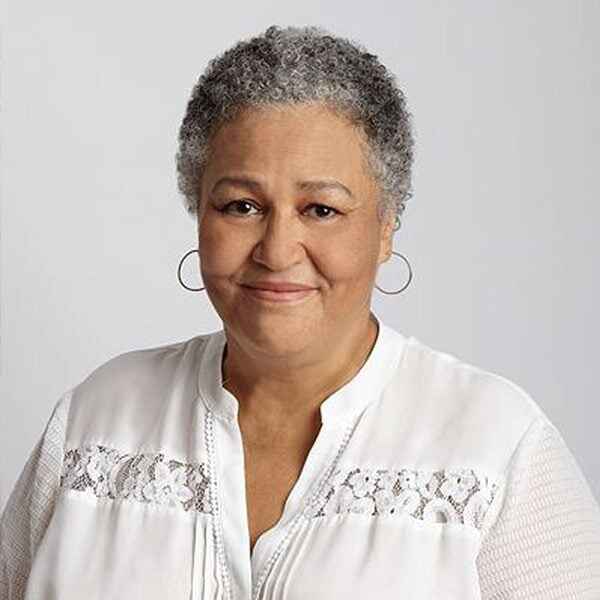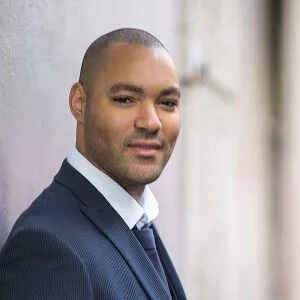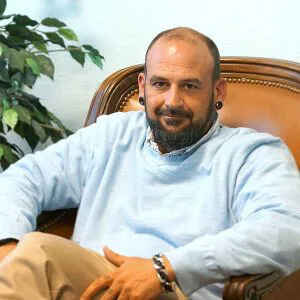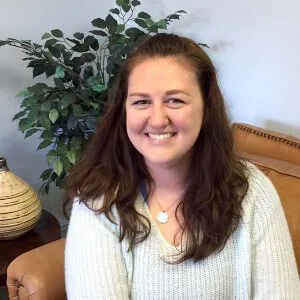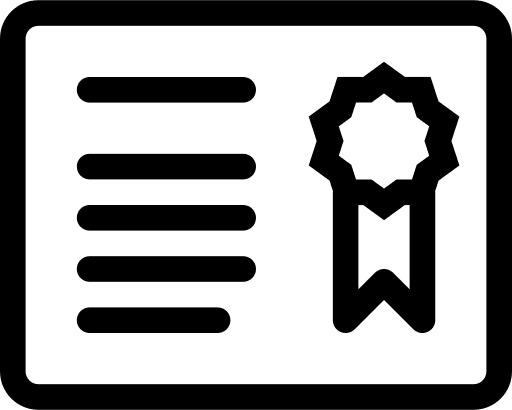About Two Dreams Outer Banks – Corolla
Two Dreams Outer Banks offers a unique approach to addiction treatment, combining holistic wellness with clinical research to provide adults with the tools to achieve short and long term recovery. It is a luxury residential treatment facility in Corolla, North Carolina. Other available programs here include medication assisted treatment (MAT), in home consultations, and varying levels of outpatient care. They are in network with most private insurance companies and offer treatment awards to offset the cost of service for qualifying clients.
Two Dreams encourages clients to make the deliberate choice to love, work, and play This is a place where your best interests and qualities are not only looked after but are discovered and enhanced. They follow a 3-7-3 model, which takes place over three phases: coming in, looking in, and looking out. In each phase, you’ll focus on their seven dimensions of care, including abstinence, expert guidance, peer based support, nutritional counseling, medication management, physical fitness, and 12 step programming.
Life at the facility is comfortable with lots of modern amenities. The residence includes a full-sized kitchen, living room, game room, media/theater room, weight room, a deck with porch swings, and a swimming pool. Every morning, you’ll take a sunrise walk on the beach. Five days a week, you’ll engage in some sort of physical activity such as yoga, tennis, basketball, and general free time at the gym. Every evening, you’ll participate in a relaxing scheduled activity, which may include trips to community AA/NA meetings, movie nights, game nights, cookouts, and similar programs.
Art therapy is another interesting cornerstone of this program. Two Dreams believes that art can have therapeutic effects on those suffering from substance abuse disorders (SUD). This technique promotes emotional expression and fosters creativity. At the same time, it also helps clients recognize and clarify their feelings and attitudes toward their condition.
As you step down from residential care, you may enter into their intensive outpatient (IOP) or general outpatient (OP) program. This way, you can attend counseling sessions and educational programs at the facility, but return home each night.
In reviews, clients say that they can tell the staff members at this facility truly want to be there and enjoy what they do. This translates into high quality care that promotes long term recovery. While some reviewers note that the billing and insurance process can be a little tricky, most are quick to point out how caring the team was and that their overall experience was a beneficial one.

